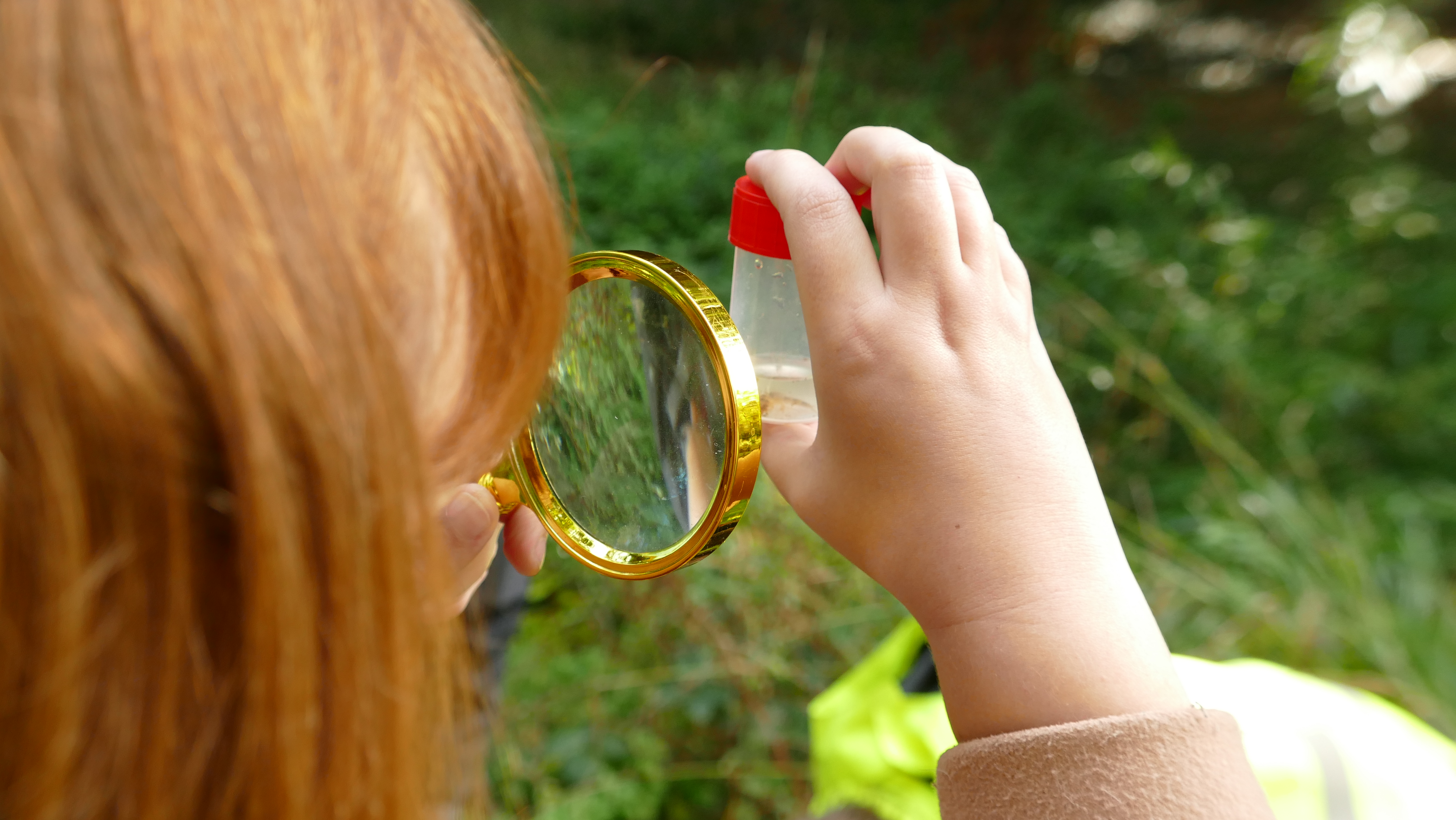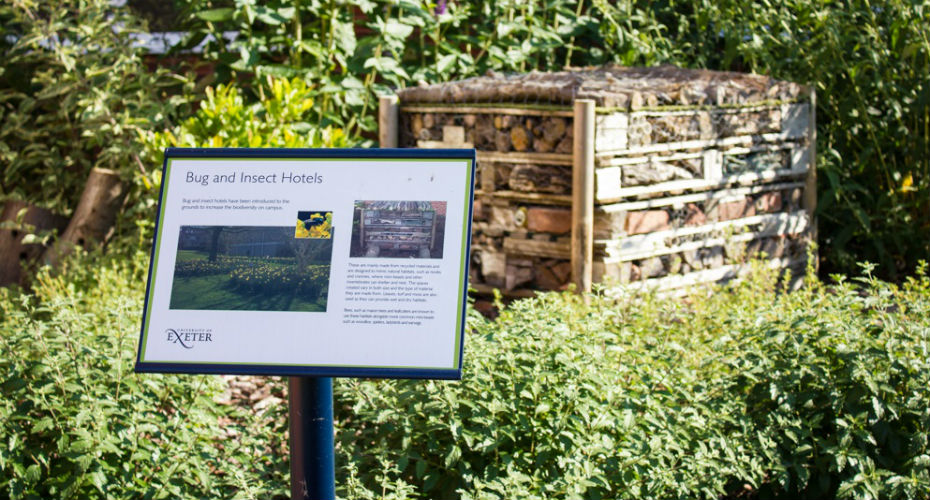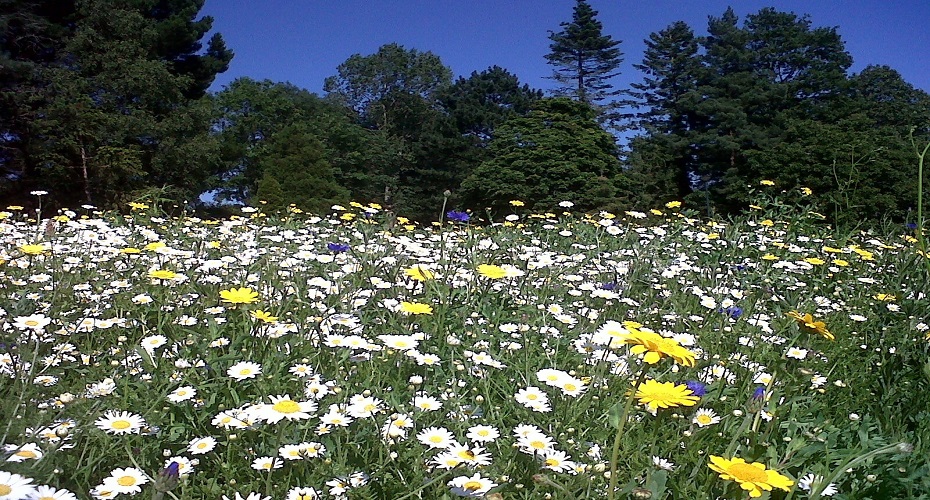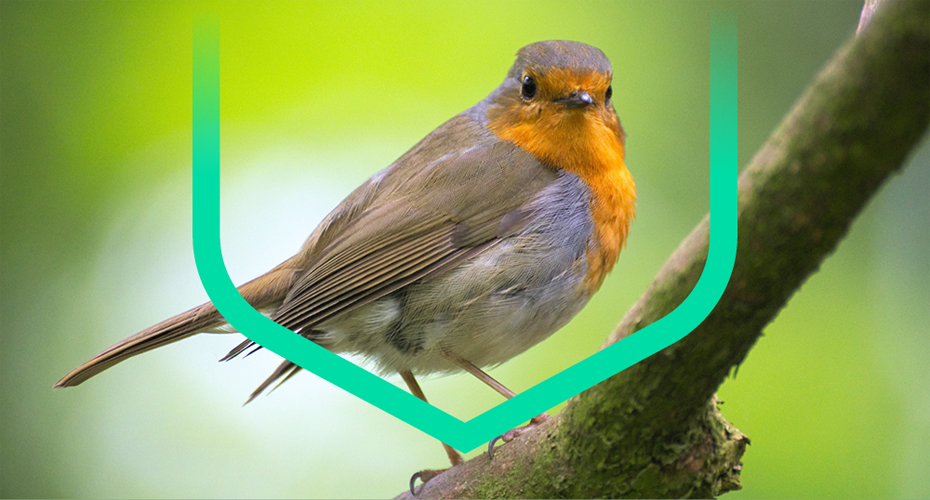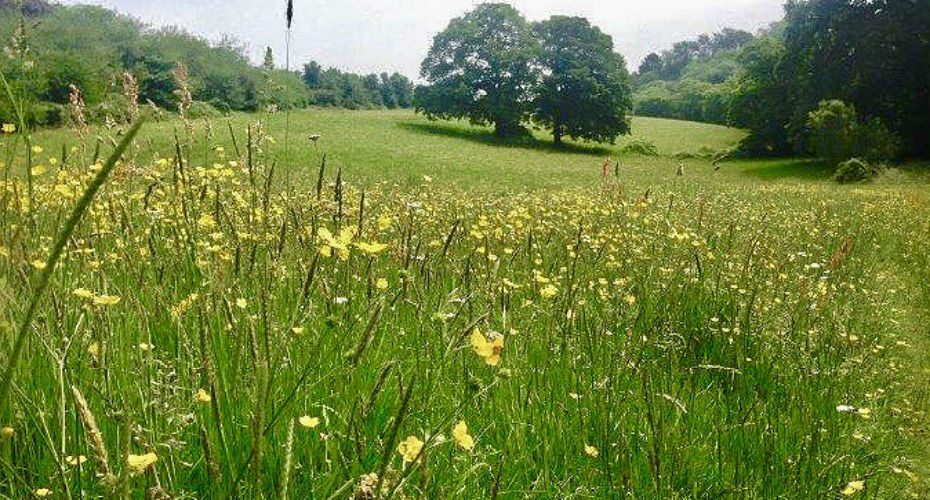Nature and Biodiversity
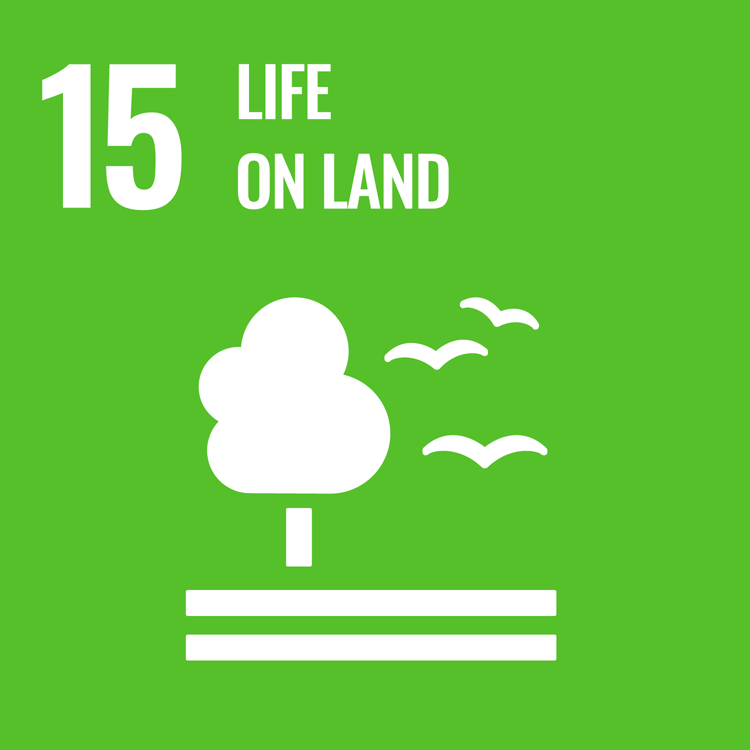
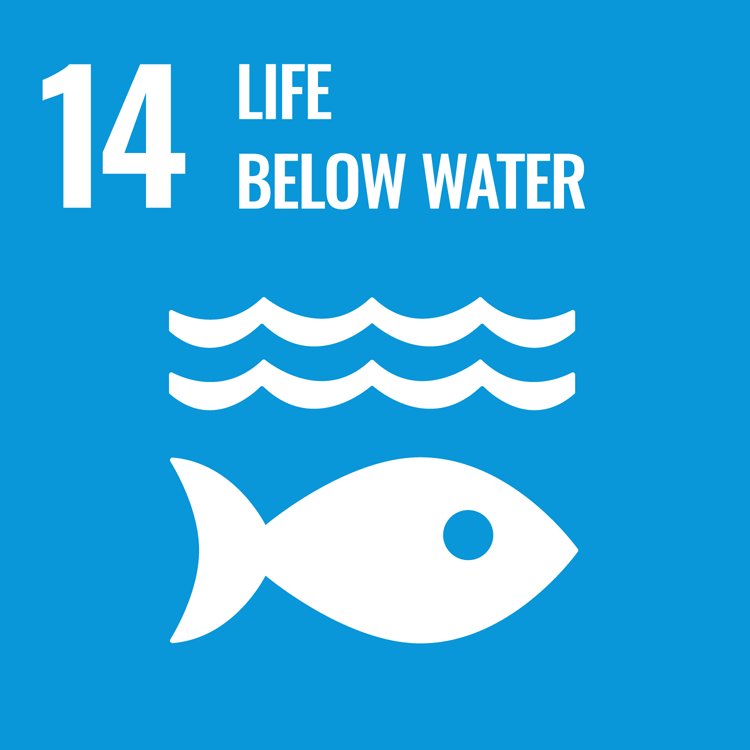
Nature is all the plants, animals and things in the world around us not made by humans and includes biodiversity. Biodiversity is a term used to describe the variety of life and its processes. This includes the many species on earth and the communities and ecosystems within which they exist. The University’s Strategy 2030 includes a commitment to lead meaningful action against the ecological crisis.
Biodiversity is of huge value in and of itself, but we also rely on the processes in nature and created by biodiversity for many things including clean air, water to drink, food to eat. Collectively, the parts of nature which provide us with benefits are referred to as natural capital. This acknowledges that we have a certain amount of natural capital around us, and if we degrade or spend it, we no longer receive the benefits.
The University of Exeter comprises 153 hectares which includes a wide range of different, rich habitats and provides a key link to other natural environments of importance in the Exeter area. The Streatham Campus is a registered Botanic Garden and the Lower Hoopern Valley is a County Wildlife site. The grounds are host to a vast variety of amphibians, birds, insects, mammals and reptiles, producing a diverse system of ecological niches, making this a fascinating place to study, work and visit. The trees on campus are estimated to store nearly 6,000 tonnes of carbon and to reduce water runoff by 9,245 m3 .
In Cornwall, the University of Exeter shares the Penryn Campus with Falmouth University, as well as the Truro Campus. The Penryn Campus is 40 hectares set in beautiful countryside and has many habitats of high value to wildlife including the iconic traditional Cornish hedges.
The University signed the Nature Positive Universities pledge in 2022. This is a commitment to start a nature positive journey, incorporating a biodiversity baseline, targets, actions and annual reporting.
Our Nature Positive Strategy details our plans to 2030.
To find out more about what we are doing to enhance biodiversity, visit the Nature Positive Pledge page, the Exeter Grounds and Gardens pages and our Grounds Operational Control Procedure (OCP). For Penryn visit the biodiversity page.
The Sustainability and Grounds teams are often looking for volunteers to help with projects linked to biodiversity.
Email: sustainability@exeter.ac.uk if you are interested in volunteering and keep an eye on Instagram and the Sustainability events page.
In Cornwall follow @fxgrounds or visit events on campus for details on the weekly conservation volunteering sessions.
